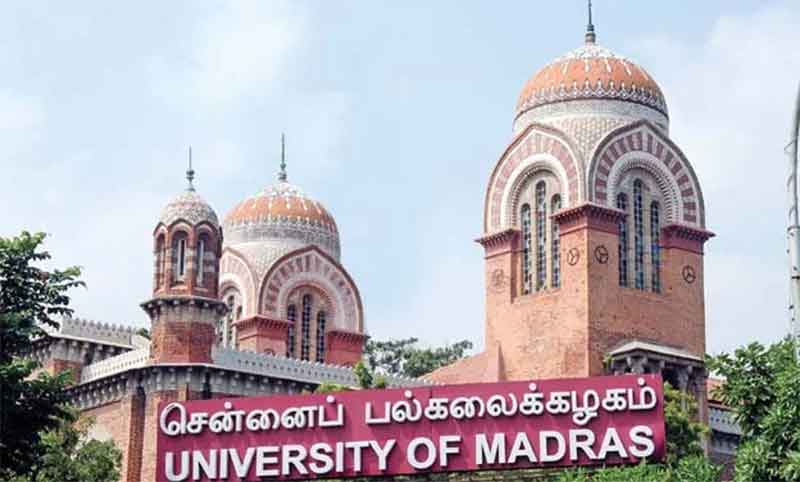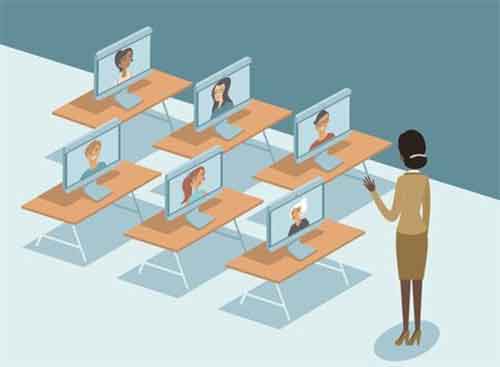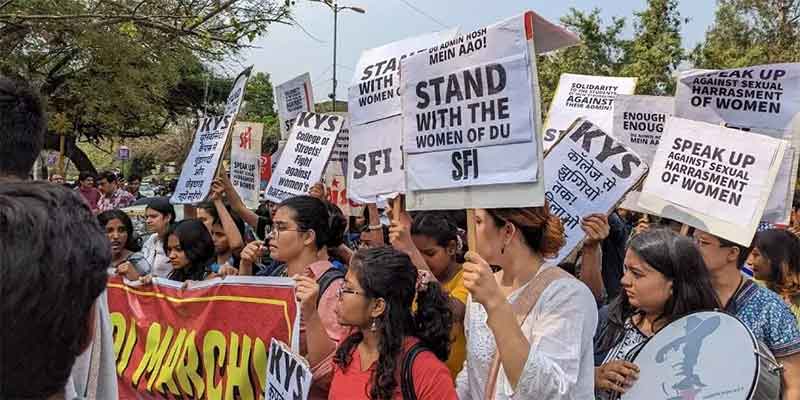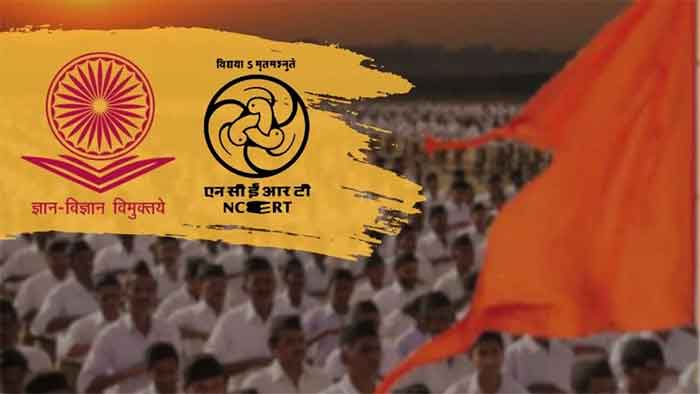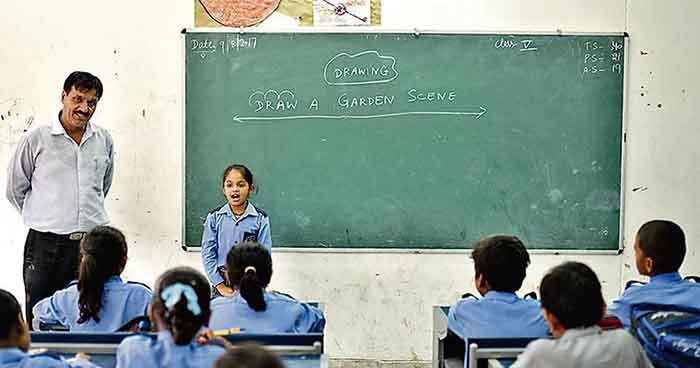
“Education should be so revolutionized as to answer the wants of the poorest villager, instead of answering those of an imperial exploiter.”
Mahatma Gandhi
With Article 21A being introduced in the Constitution, elementary education became a fundamental right to all the children from the age of six to fourteen years. With the Right to Education Act 2009, it became the responsibility of the State to provide free and compulsory education to the children.
Even though the Act along with the mid-day meal scheme has led to increase in the attendance, there have been strong criticisms regarding the dropouts after the age of fifteen. With the schools being shut in the pandemic, the right to free and compulsory education has been infringed to a greater extent.
The lockdown has led to the mode of education being shifted online. Since many of the children studying in the government schools lack the resources, how can internet-based learning be guaranteed to these children without access to the devices and the internet?
As per the National Institute of Educational Planning and Administration, at least 60% of the students from Class 1 to 8 depend on government schools for their education. Internet access has been a grave concern for even reaching out to the students through the online medium. As per the Remote Leaning Reachability Report by UNICEF, only 23% of the households have access to the internet for online classes. This is expected to further create the learning divide between the lower and the upper income groups, which the RTE has failed to reduce over the decade.
The students from the lower income groups do not have access to smartphones or any other electronic devices compatible to take the online classes. This issue is graver for the female students as the family prefers to allow the male counterpart to use the only available device on priority. When these students have access to a device, the internet quality available is poor. After arranging for both, device and the internet, one finds no online classes being held by government teachers or lack of good quality content available on internet in their regional language.
Adding on to this, the parents are pushed out of work, which even reduces their willingness to allow them to study. Instead they force them into rag picking and housemaid work to support the already insufficient family income and make the ends meet. For these poverty-stricken households, sending their children to school was already a difficult decision. With the requirement of internet and smartphone may force these families to pull out their children from the school-system. There are no proper spaces at home for students to take classes and concentrate. With majority of the marginalized population living in slums and one-room set-ups, it is hard to expect a student being allowed a peaceful place to study. The movement of migrant workers back to their rural homes will affect the continuation of school education of children if the families don’t return back to the same city. On the other hand, the teachers are not able to provide online sessions due to lack of training or resources at their end.
Given the State leaves it to the family to bear the cost of the device and the internet, it goes against the idea of free education guaranteed by the Act. As per the Act, the compulsory education makes it the responsibility of the State to ensure enrolment, attendance and completion of primary education. This would include provision of educational infrastructure and learning equipment. No measures taken by the government regarding grants or provision of devices to the students of public schooling system can be considered failure under the Act.
The situation is graver in the Kashmir valley with internet shutdown in place. The governmental orders to restrict the internet just goes contrary to the entire notion of Right to Education scheme even to those who can afford smartphones and internet, without any help from the State. The students from the region are forced to travel long distances to the neighbouring states in order to access internet for a fraction of the day. The lockdown does not allow the students to assemble and the internet shutdown takes away any scope of online classes being held.
The ‘India Report on Digital Education 2020’ by the Ministry of Education shares some innovative ways adopted in order to reach out to the children. These include Project Home classes in Jammu, Bihar’s teaching app and doorstep book delivery in Chhattisgarh. However, the implementation of these schemes excludes the masses and most disadvantageous groups. Ground reality shows that the students or their families are not even aware of such schemes, leave alone their expectations of becoming beneficiaries to the programmes. One should note that just providing e-books under any scheme does not ensure learning; there is a need for a device to access it and guidance by a teacher for real education to take place.
There is a need for the government to prioritize reopening of the schools with all precautions in place. This would not only provide access to education for marginalized sections of the society who cannot afford internet and smartphones, but also resume the schemes like mid-day meals, incentivising the poor to send their children back to school.
The government should also focus on shifting to digital mode of learning with the technological development. A 2017 survey by Ministry of Rural Development revealed that less than 50% of the households receive electricity for less than 12 hours in a day and more than 36% of the schools operate without electricity. In 2018, only 12% of the rural schools had functional computers. There is a need to equip the schools with computers and include courses on using it to develop such skills to ensure their employability in the labour market. This would also include training the teachers and providing students with devices on need basis. There is a need to expand the ‘Digital India’ initiative to ‘Digital Education’.
Akhil Mangla is a second year management student at IIM Ahmedabad. He believes in equal opportunities to all members of the society.
SIGN UP FOR COUNTERCURRENTS DAILY NEWSLETTER


